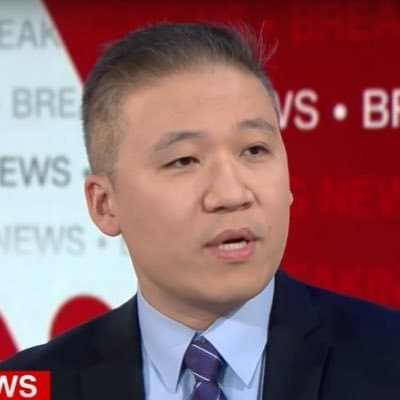NIH Indirect Grant Funding Cut to 15% Sparks Alarm Among Medical Researchers

Dr. Eric Feigl-Ding, a prominent epidemiologist and health economist, has issued a strong call to action following a significant reduction in indirect grant funding from the National Institutes of Health (NIH). The change, reportedly slashing indirect grant funding to 15%, has prompted widespread concern within the scientific community regarding its potential to severely impact medical and public health research across the United States.
"Medical research for the win! Now let’s fund science again… restore all cuts ASAP to save more lives and improve more lives!" Feigl-Ding stated in a recent social media post, emphasizing the critical need for immediate restoration of funding. He highlighted that these cuts would hinder the ability of colleges and universities to support students and researchers, ultimately jeopardizing the development of cures and preventions for diseases like cancer, diabetes, and Alzheimer's.
The reduction in indirect costs, which cover essential administrative and infrastructural support for research, is expected to have a devastating impact on institutions nationwide. Universities rely on these funds for everything from laboratory maintenance and utilities to compliance reviews and staff salaries, making the 15% rate a drastic decrease from previous averages. This sudden change, particularly affecting current grants, is anticipated to be highly disruptive to ongoing research projects.
Critics argue that such cuts will not only increase tuition costs for graduate students and aspiring scientists but also "completely decimate medical and public health research." There are also concerns that this move could empower large pharmaceutical companies by allowing them to exert greater influence over research agendas and potentially privatize discoveries that should remain in the public domain. This could lead to soaring drug and technology prices, benefiting wealthy biotech tycoons.
The timing of these cuts is particularly alarming given the lessons learned from the COVID-19 pandemic, which underscored the vital role of federal investment in public health research. NIH-backed programs were instrumental in the rapid development of vaccines, which a 2022 Lancet study estimated averted nearly 20 million excess deaths worldwide. Continued funding is crucial for future research on emerging infectious diseases, vaccine advancements, and long-term conditions such as Long COVID.